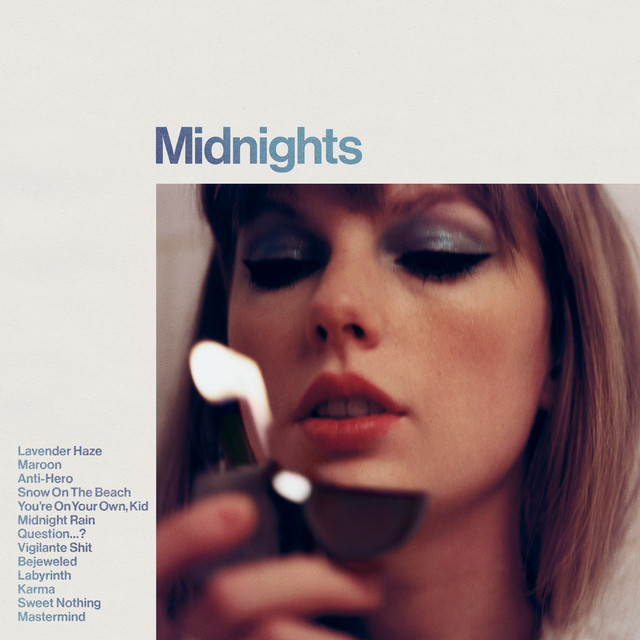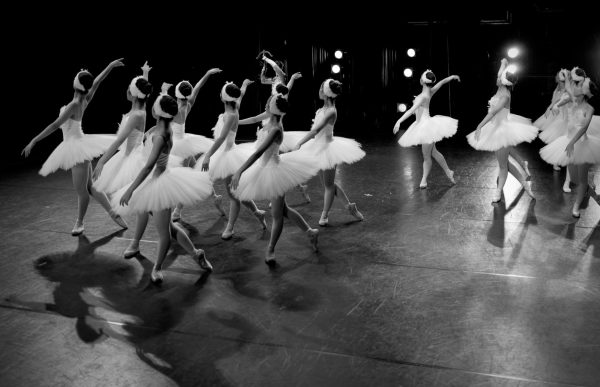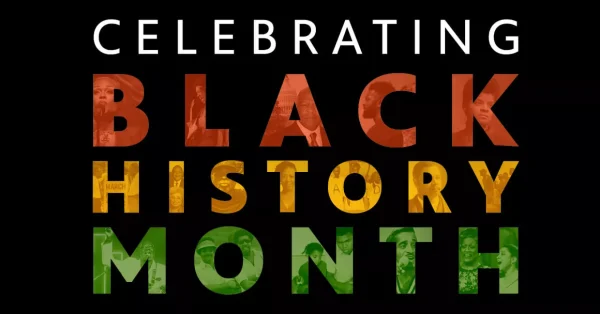Midnights Album Review
Would you ever guess what Taylor Swift’s Midnights would sound like? Swift has experimented with a different marketing approach since announcing the album in late August: no single, no surprise drop hours later. Instead, she has been feeding her spiraling, enquiring fans with TikTok videos that reveal song names and lyric billboards over the past two months.
Anything could have happened at midnight. Swift turned to the woods for the indie-folk-leaning duo Folklore and Evermore, both of which were released in 2020, after the bubblegum dream-pop of Lover. In order to expand upon her second and fourth albums with a variety of previously unreleased bonus tracks recorded throughout each separate era, she went back to her archives for her Fearless and Red re-records.
What precisely is Midnights, then? It resembles each of the aforementioned things in some ways. The pure pop triptych of 1989, Reputation, and Lover is most prominently continued here, with a sparkling synthesizer wash enhancing lyrics torn between a love story and a plot of retribution.The most overt song on this album about Swift’s forcefield of defense is the opening track, “Lavender Haze,” which was created with some of Kendrick Lamar’s colleagues and Swift’s buddy Zoe Kravitz. Swift made a subtle reference to “strange stories” and the constant online and media scrutiny she and her partner of six years, Joe Alwyn, have endured when she revealed the song’s title during her “Midnights Mayhem” series on TikTok. She borrowed the phrase “all-encompassing love light” from the Mad Men song, characterizing it. The song’s lyrics are similar to those of the songs “Call It What You Want” and “Cruel Summer,” which tell the story of how love triumphs over all opposition, criticism, and expectations. Like the rest of Midnights, “Lavender Haze” steers clear of the bombastic pop sound that frequently made singles like “Look What You Made Me Do” or “Me!” feel like such sonic detours from the more subdued and shimmering sound of the other albums they teed off of. Swift displays restraint this time, but she doesn’t lose the playfulness that makes her ventures into pop so enjoyable.
A great illustration of how enjoyable Swift’s pop can be is “Anti-Hero.” It will serve as the official lead single and is an album highlight. She wallows in the same type of “beyond her prime” worry she sings about on the Red (Taylor’s Version) vault track “Nothing New” and underappreciated Lover cut “The Archer,” only this time, her opponent is herself. It contains some of Swift’s most alarming lyrics from the album, including the controversial line, “Sometimes I feel like everybody is a sexy baby/And I’m a monster on the hill,” which is sure to spark debate. But the next line, which reads, “Too huge to hang out/Slowly lurching toward your favorite city/Pierced through the heart but never killed,” is a profoundly revelatory, “Blank Space”-level blast of both herself and her detractors. And in the song, when she imagines her fictional daughter-in-law killing her in the future for cash? Deliciously sinister and strange in ways Swift hardly ever expresses.The only songs on the record that genuinely embody scorched earth are “Vigilante S**t” and “Karma.” As opposed to “My Tears Ricochet” or “This Is Why We Can’t Have Nice Things,” these fantasies have the victim witnessing the self-destruction of her adversaries. The dark pop song “Vigilante S**t,” which is reminiscent of Lorde’s gloomy debut Pure Heroine, makes some lewd allegations, theorized to be about a whole host of people.
However, the majority of the album is laser-focused on the uncertainty and challenges two lovers encounter as their relationship grows. “Maroon” and “Labyrinth” are simple reflections on lost love. For her lover, who may have put up more of a struggle before they wound up with two individuals they probably shouldn’t be with, “Question…?” is a bouncy “Delicate”-style pop quiz. She has him in her clutches with an unbelievable knockout game of “Bejeweled,” positioning herself as the grand prize. The tease of Lana Del Rey’s appearance on “Snow on the Beach,” which is more of a simple harmony than a true duet; the song itself is a hazy, wintery dream-pop cut in the manner of “Mirrorball,” with a terrific Janet Jackson reference, is the only real letdown on the album. “Mastermind,” the album’s closing track, is a long-planned scheme by Swift to win over her crush. It also serves as a playful allusion to her own “cryptic and Machiavellian” clue-giving techniques. Funnily enough, it comes right after the sweet love song “Sweet Nothing” that she wrote with the same carefully chosen man.
It’s obvious that when Swift went back and re-recorded her earlier albums, her songwriting found a dazzling and new voice. The most recent converts to her fandom, those who just began to appreciate her songwriting when it appeared in the typically acceptable Folklore/Evermore bundle, may be surprised by Midnights. Midnights, however, leaves more and more to be discovered behind the purple-blue synth fog on the surface than many of her previous exclusively “pop” recordings have. And perhaps that was always a part of her plan.





